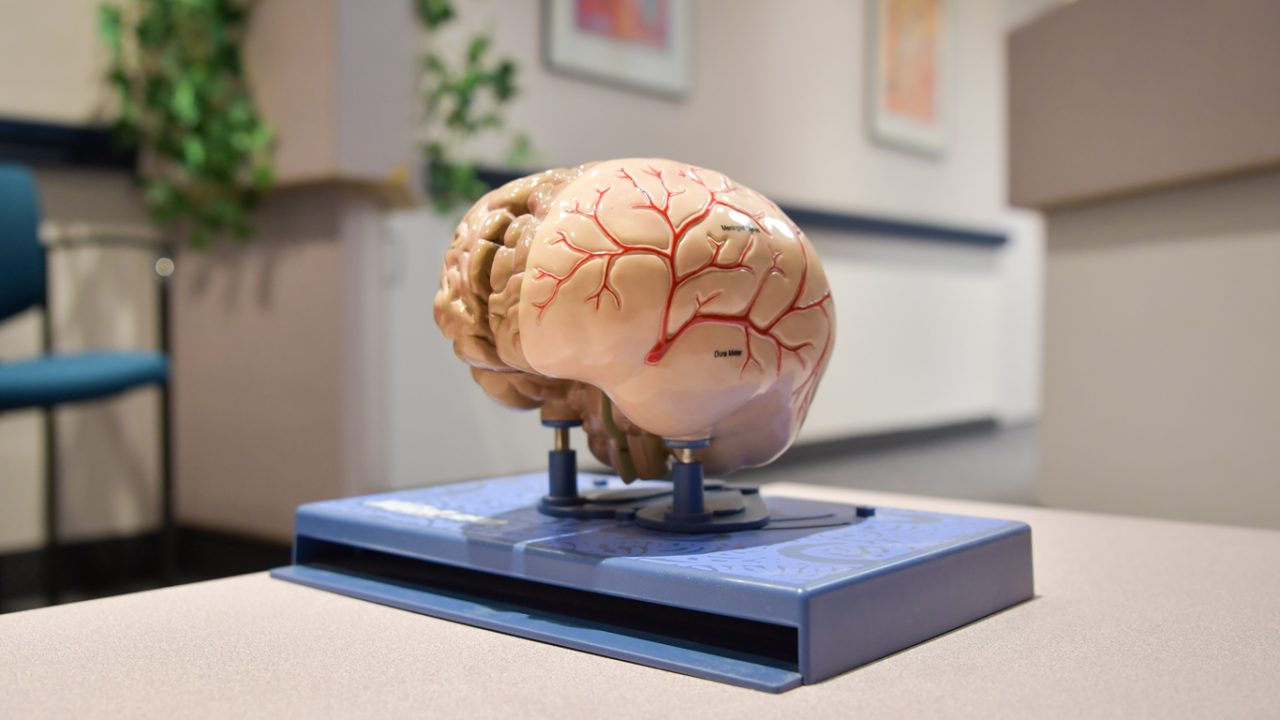By the year 2030, it is estimated that close to 1 million Canadians will be living with dementia. And as the most common type of dementia, Alzheimer’s disease accounts for up to 80% of all diagnoses.
Providing care for those living with Alzheimer’s disease is important right now – after all, we’re probably either a caregiver ourselves or know someone who is – but the caregiver role, and the number of us who will fill those shoes, will be dramatically more significant in the near future.
Becoming a caregiver for someone with Alzheimer’s disease doesn’t just suddenly hit you on Monday, says Markham resident Nick Passingham, who helps provide care to his wife, Karen, alongside his two step-daughters.
“As the disease itself gathers momentum, so does your responsibility. You grow into the job.”
Nick first started to notice something different about his wife four years ago and her conditions started to get worse just as the COVID-19 pandemic began. Now, since November, Karen has been receiving care at Oak Valley Health’s Reactivation Care Centre, with plans to find a more permanent care home as soon as possible.
Caregivers play a very significant role in the life of someone who has Alzheimer’s disease, says Nick, who took on more responsibility around the house, such as cooking and shopping, when Karen was still at home.
“I don’t know how a person who has the disease can possibly operate if they don’t have a caregiver. You never know what may happen. They may decide to make a cup of tea and forget to turn the stove off. You have to be so careful.”
Although most people are willing to provide care to their loved ones and friends, caring for a person with Alzheimer’s disease at home can sometimes be a difficult and overwhelming task.
“The biggest challenge was the frustration of not being able to do anything about it,” says Nick. “And having to keep repeating.”
As someone who has lived the caregiver role, Nick says there are two main things to focus on when striving to provide the best care possible. Although he admits that some days it can be tough to follow through on his own words.
“The key thing is to try to maintain your patience and tolerance. You really, really have to have an unbelievable amount of patience. And, unfortunately, it’s not always possible because you get tired yourself.”
But, at the end of the day, you have to remember it is not their fault, says Nick.
How can I help someone who has Alzheimer’s disease?
Here are some more useful tips that you (as a caregiver, family, or friend) can use to help someone who has Alzheimer’s disease:
- Keep them engaged. Find a common interest and plan activities that you can do together. Focus on their talents and abilities.
- Remind the person who you are. If they don’t remember you, try to avoid saying “don’t you remember?” Tell them who you are and why you are there.
- Create a safe environment. Avoiding falls is priority number one. Consider removing scatter rugs, extension cords, and clutter or installing handrails on stairways.
- Provide choices. Keep things simple but allow them as much control possible. Think about keeping only a few clothes in the closet or provide two outfits to choose from each day.
- Avoid caregiver burnout. Make time for yourself and pursue interests beyond your caregiving role. View our caregiver burnout brochure to learn more about the signs, symptoms, and prevention.
Subscribe
This article appeared in the January 2023 issue of The Link. To receive Oak Valley Health’s community newsletter, subscribe now.
This story was written by Sharubiya Rajaratnam, a co-op student in the Communications and Public Affairs department at Oak Valley Health.
